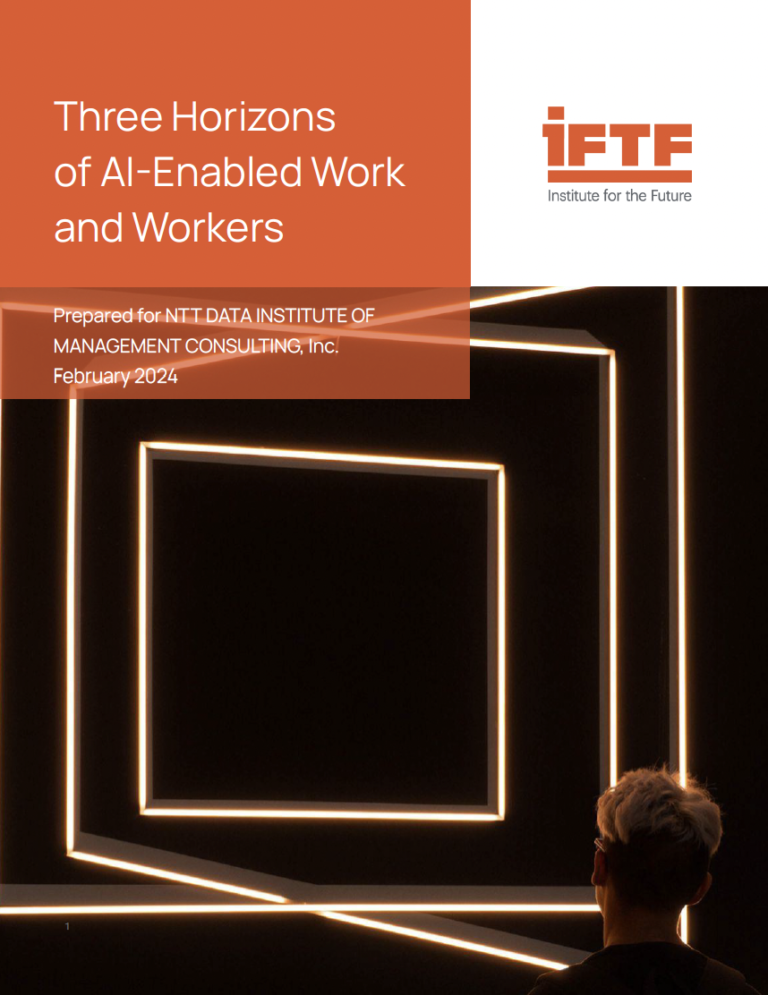Organizations urgently need AI strategies. It is becoming increasingly clear that artificial intelligence isn’t just another technological trend, but a force like the Internet, or even electricity, with the potential to thoroughly redefine how organizations and their workers get things done. This transformative potential and the pace at which it is advancing mean that organizations of all kinds cannot afford to hesitate in engaging with this emerging technology. However, engaging does not mean rushing to action. On the contrary, organizations must urgently start considering their AI futures because crafting effective strategies to responsibly harness the potential of the technology requires significant deliberation and foresight. While it’s almost certain that this technology will be transformational, what that transformation will look like, and whether it is beneficial or harmful to organizations and humanity as a whole will be determined by the decisions we make today. Similarly, while nearly all organizations will be transformed, organizations in different industries and in different cultural contexts will be transformed in varied ways. This, again, makes it imperative for organizations to proactively create specific strategies rather than relying on generalized advice about the broad changes AI is likely to bring.
This report, “Three Horizons of AI-Enabled Work & Workers” was created to provide Japanese organizations with the foresight necessary to engage with the transformative potential of AI today. It was created collaboratively by NTT DATA INSTITUTE OF MANAGEMENT CONSULTING, Inc. and the Institute for the Future (IFTF), using IFTF’s Prepare-Foresight-Insight-Action methodology for anticipating future change to generate strategic implications.
Specifically, it was created to help organizations:
- Expand beyond mere technological innovation to fundamentally reshape work, communication, and decision-making across industries.
- Get up to speed on the current capabilities of AI.
- Anticipate how AI will change organizations in the next 5-10 years.
- Consider the unique ways these changes will play out in the cultural context of Japan.
- Explore the ways in which specific industries could be transformed in the next decade.
- Re-evaluate current assumptions about the future and long-term strategies of AI.
- Envision new possibilities for long-term change and create new strategies for thriving in an AI future.

